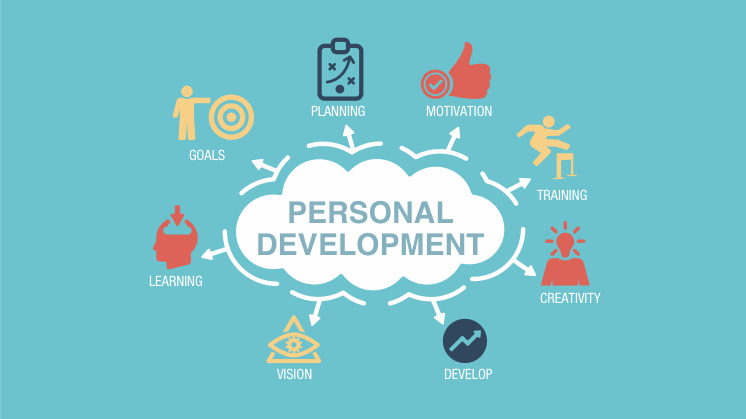Education & Career Trends: March 13, 2023
Curated by the Knowledge Team of ICS Career GPS

- Excerpts are taken from an article published on makeuseof.com
Personal growth takes time and dedication. If you want to improve your skills, advance in your career, and increase your knowledge, it is an essential component. An effective instrument for bringing about change is a personal development plan. But seeking change and acting on it are two different things. A strategy streamlines your ideas into actionable solutions, whether you’re aiming high or only want to tweak a few items.
However, knowing where to begin can be challenging, which is where having a personal growth plan can be really helpful. Here are some ways how to create a development plan as well as what should you include in it and how to maintain it.
Understanding why should you have a personal development plan
Even if you may already be aware of what you need to achieve and what you want out of your career, keeping it all in your mind might hinder your progress. You’re more likely to achieve your goals when you physically write them down.
The “generation effect” refers to the fact that information you have created yourself is better remembered and retained than the information you have simply just read or thought about. It occurs because doing so enables your brain to comprehend things in greater depth and leaves you with a lasting impression.
You’re essentially telling yourself that you’re serious about it when you have a strategy that you can refer back to. This produces better results and enables you to create a strategy with more depth.
Getting started with the plan
Any method for writing out your growth plan is helpful, but a proper framework is essential to its success. The sections below should at the very least be included in your plan:
- What is your particular objective?
- What tools will you need to do the task?
- What measures you are capable of taking to accomplish the goal?
Goal setting and assessing your values
Reflecting on your fundamental values will help you determine where you stand at your present skill level. This is known as values-based reflection. If innovation is one of your values, for instance, you may consider how frequently you have used it or whether you wish to use it more frequently.
To contextualise your objectives and reach your potential, consider using SMART goals. SMART stands for:
- Specific: Be specific about what you want to do.
- Measurable: To keep track of and measure your progress.
- Attainable: Something that is within reach and achievable.
- Realistic: It is something you can work on with the resources you have.
- Time: A deadline or time frame you will complete the goal in.
You should create SMART goals for each area of growth you want to work on and then break them down into smaller stages that become weekly or monthly tasks.
Making your plan work
- Your plan is an ongoing record that you can follow in your development journey and add to whenever necessary.
- You should arrange a time for it in your daily calendar since it is something that is important to you.
- Choose a weekly assignment for yourself to work on one of your objectives, and schedule it so you have time to do it.
- Every month or every two months, you should evaluate your personal growth plan to cross off accomplishments and update it.
- This will help you maintain discipline and stay committed to your initial goals.
…
Have you checked out yesterday’s blog yet?
Common Mistakes to Avoid in Your Email Introduction
(Disclaimer: The opinions expressed in the article mentioned above are those of the author(s). They do not purport to reflect the opinions or views of ICS Career GPS or its staff.)
Like this post? For more such helpful articles, click on the button below and subscribe FREE to our blog.



